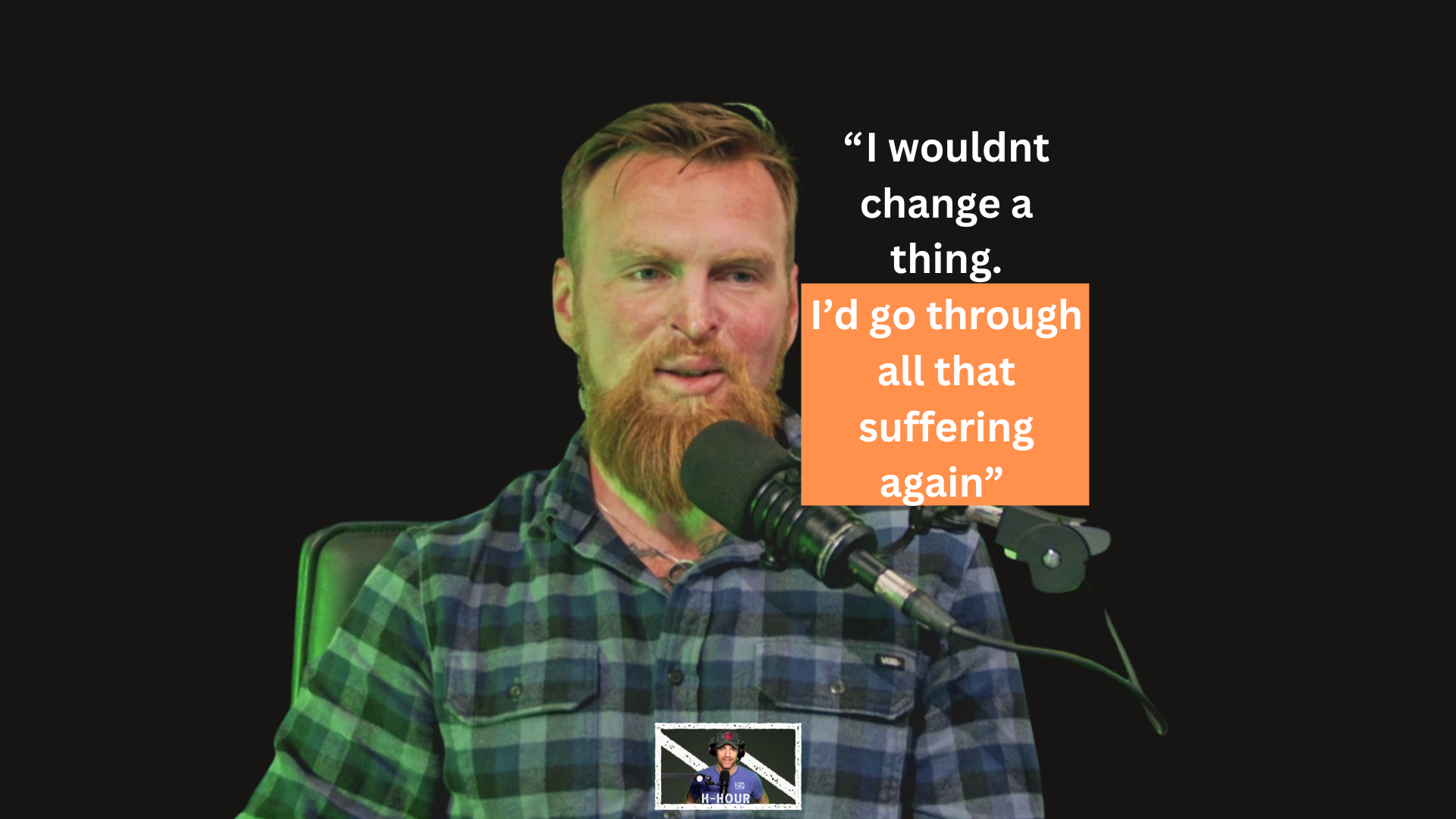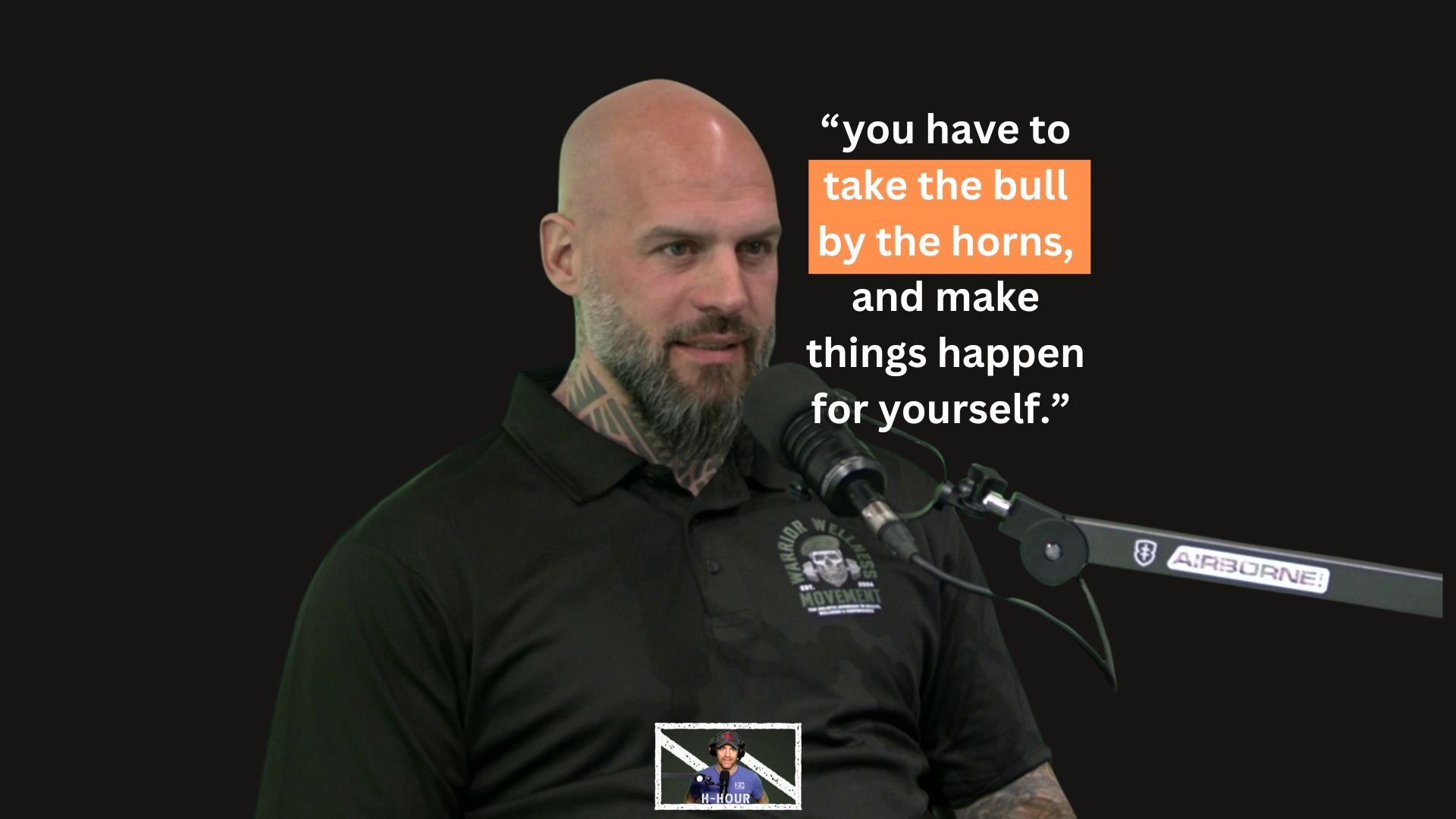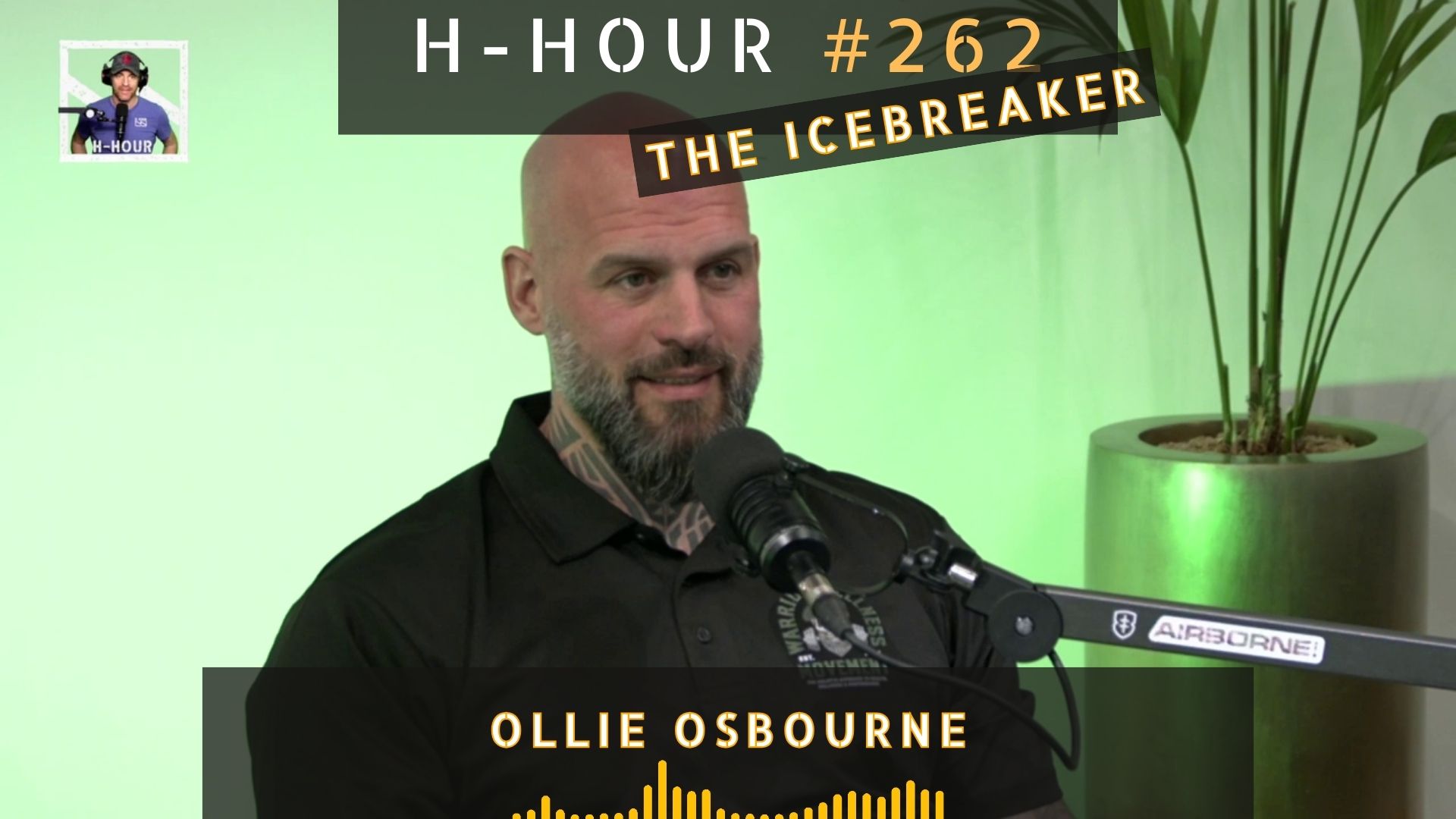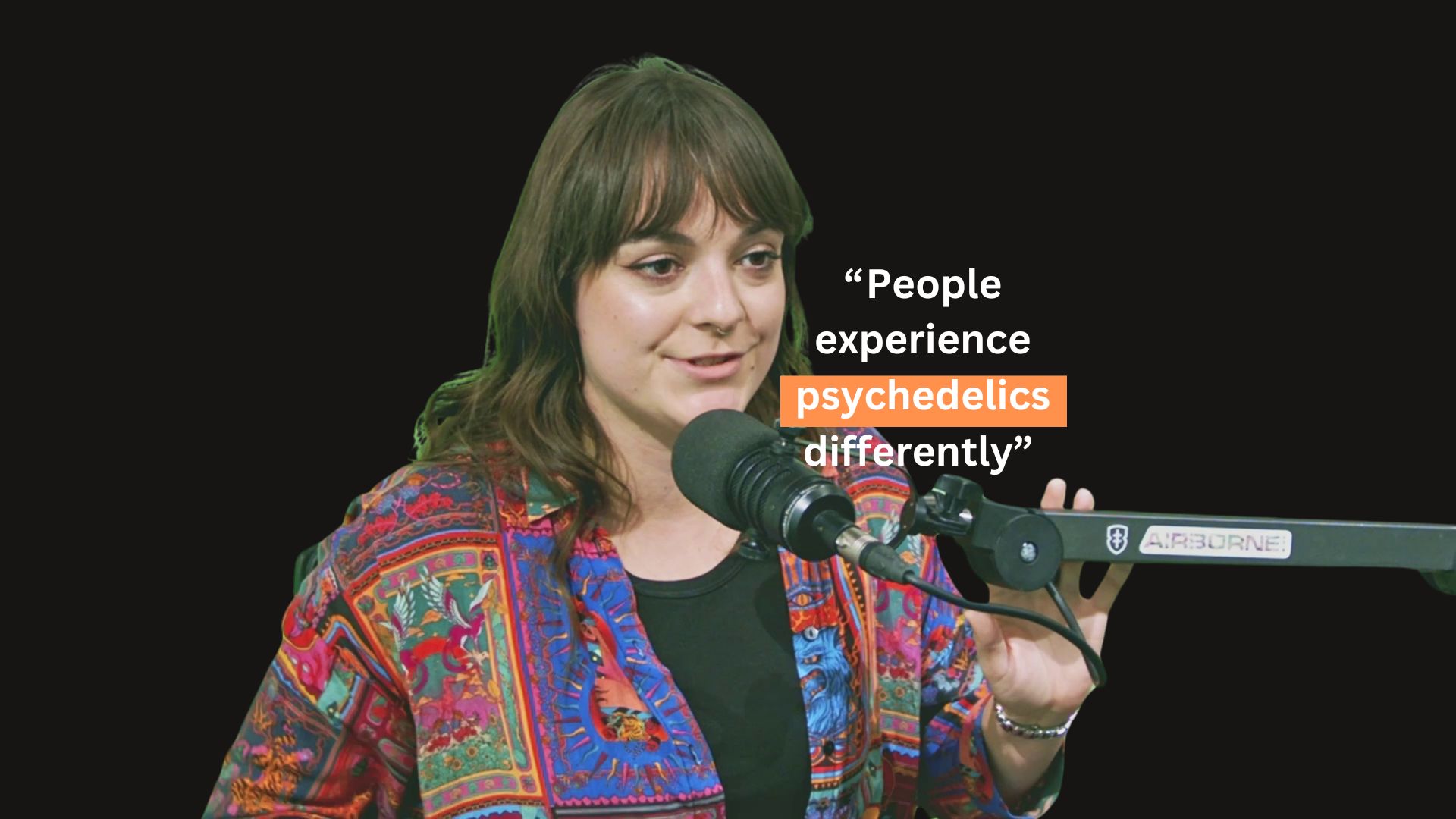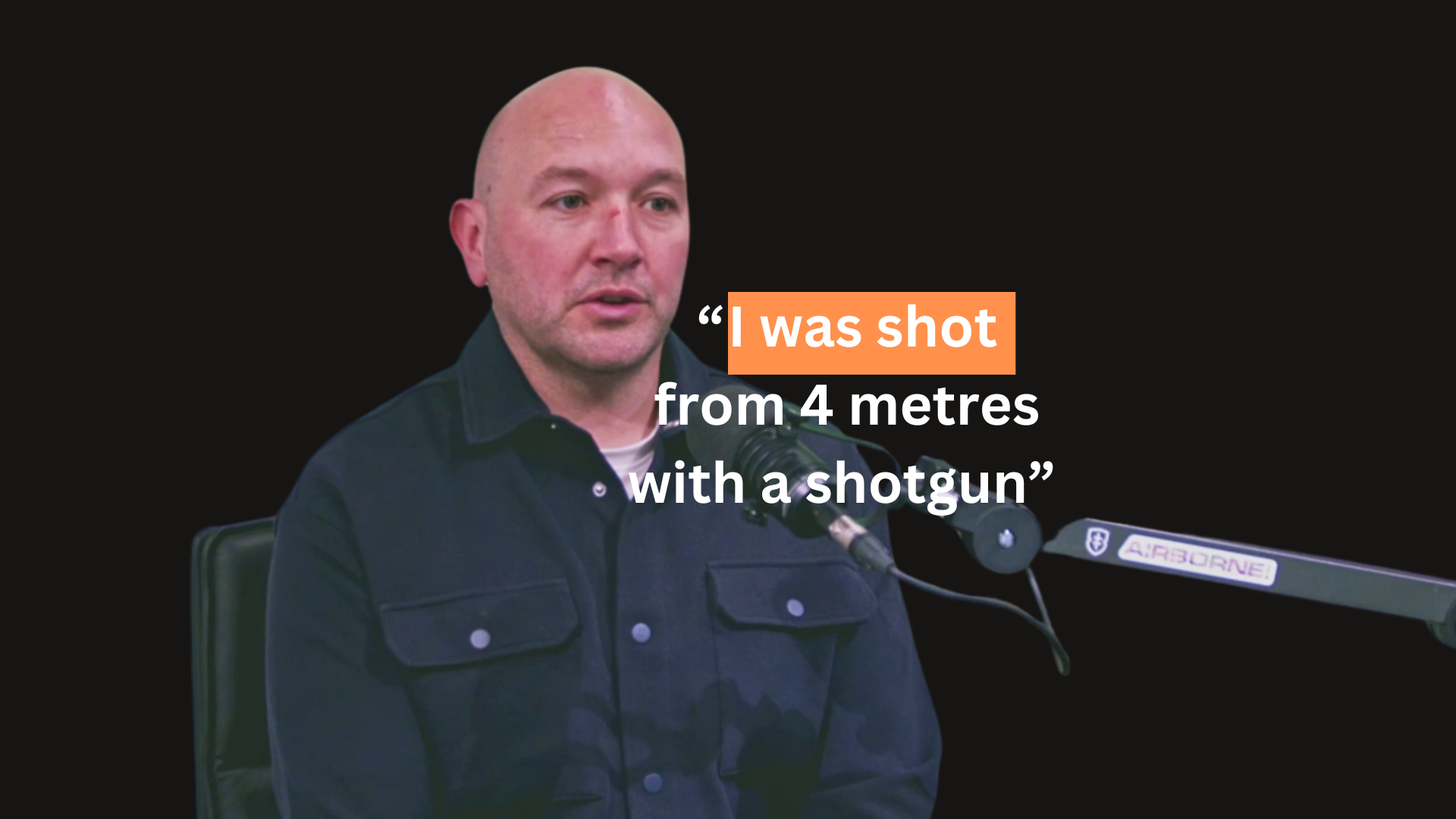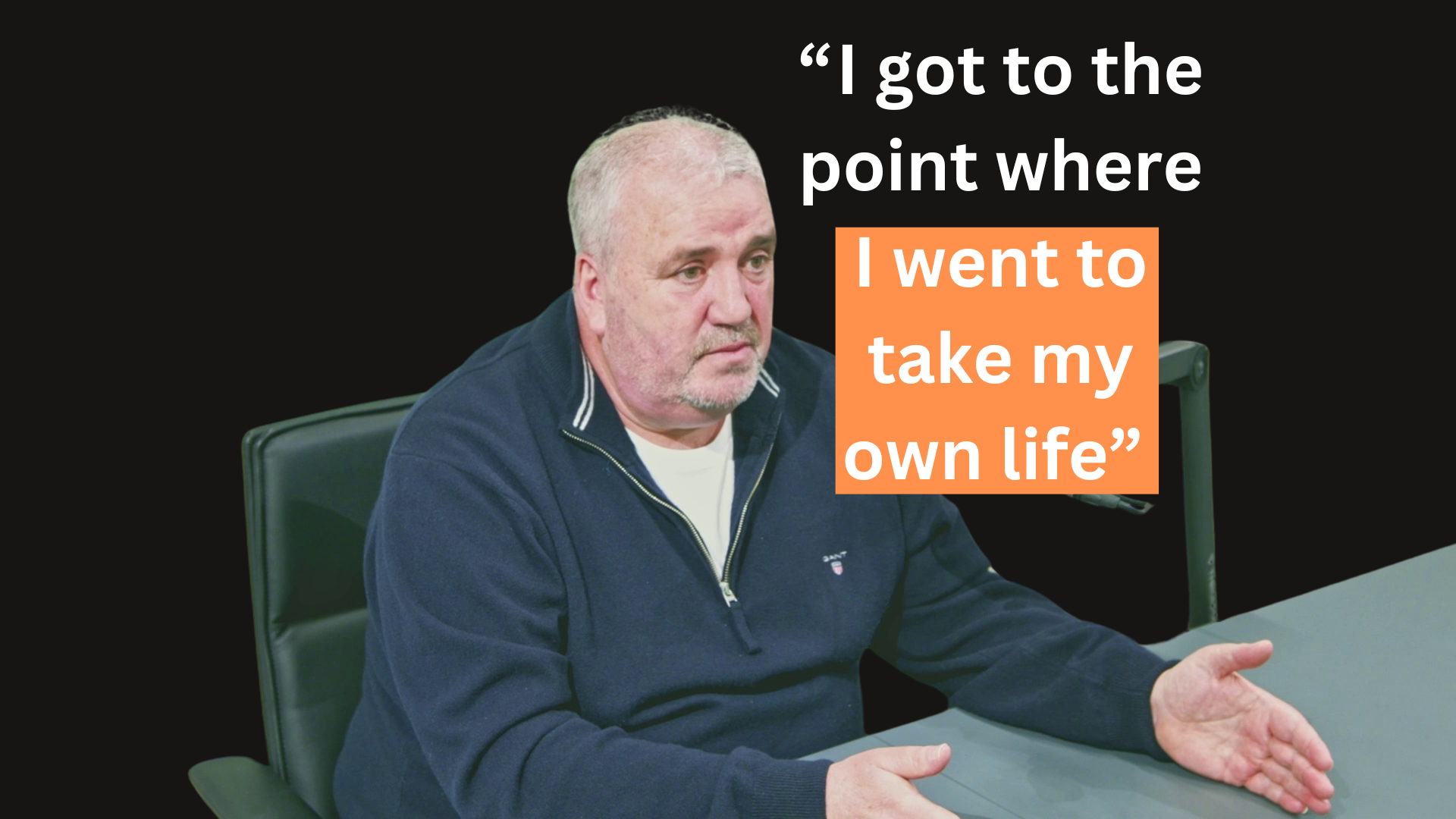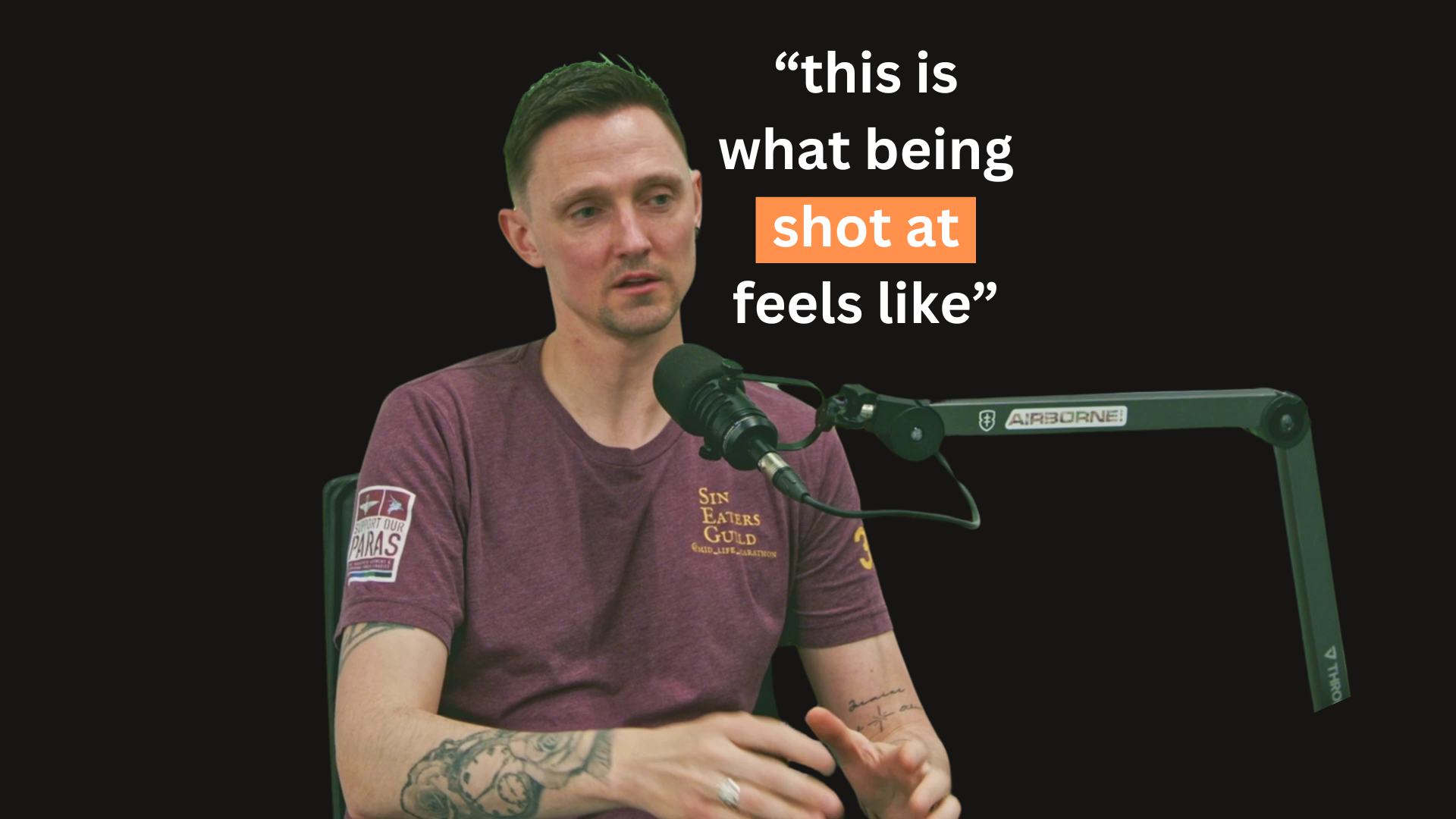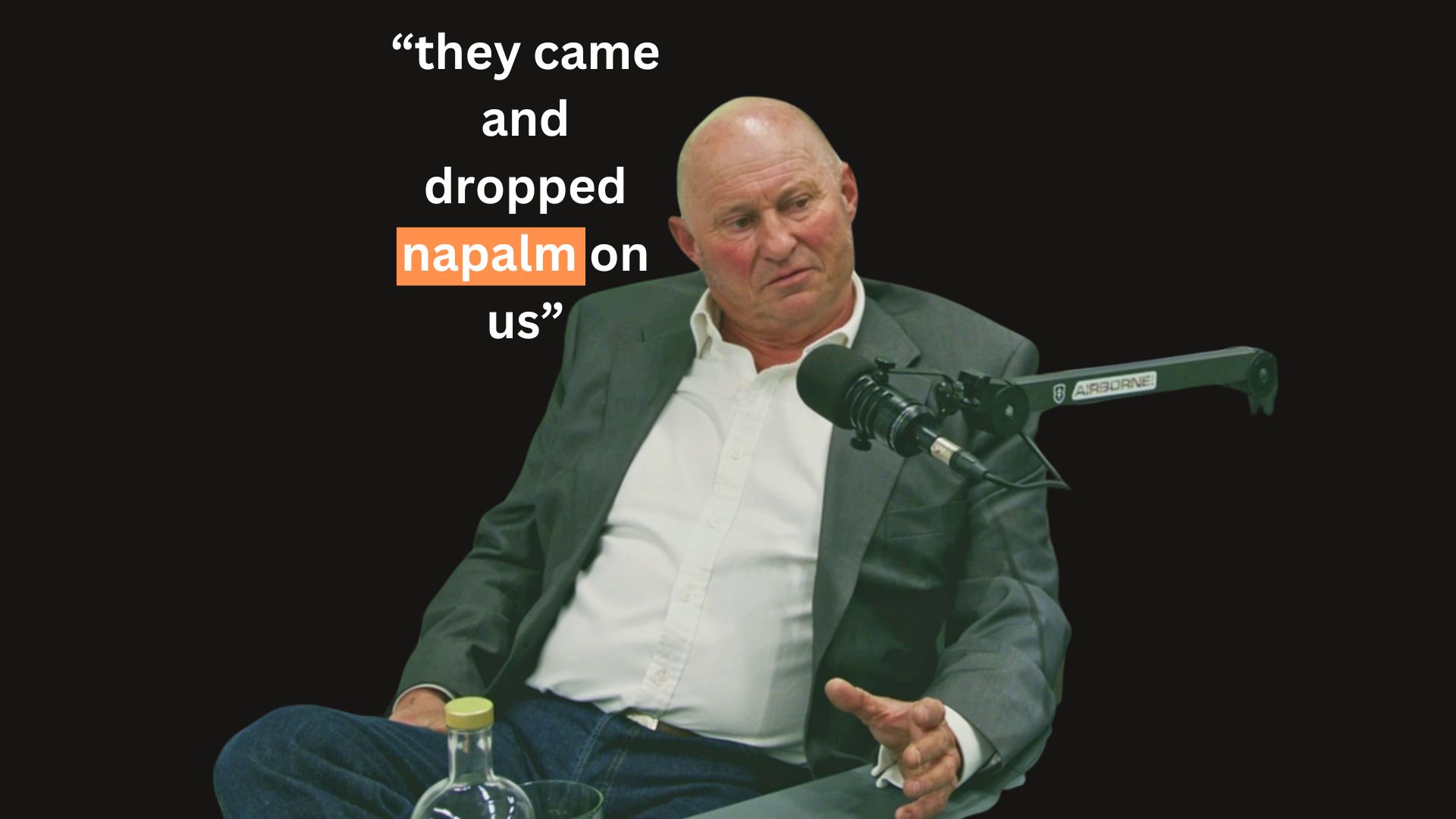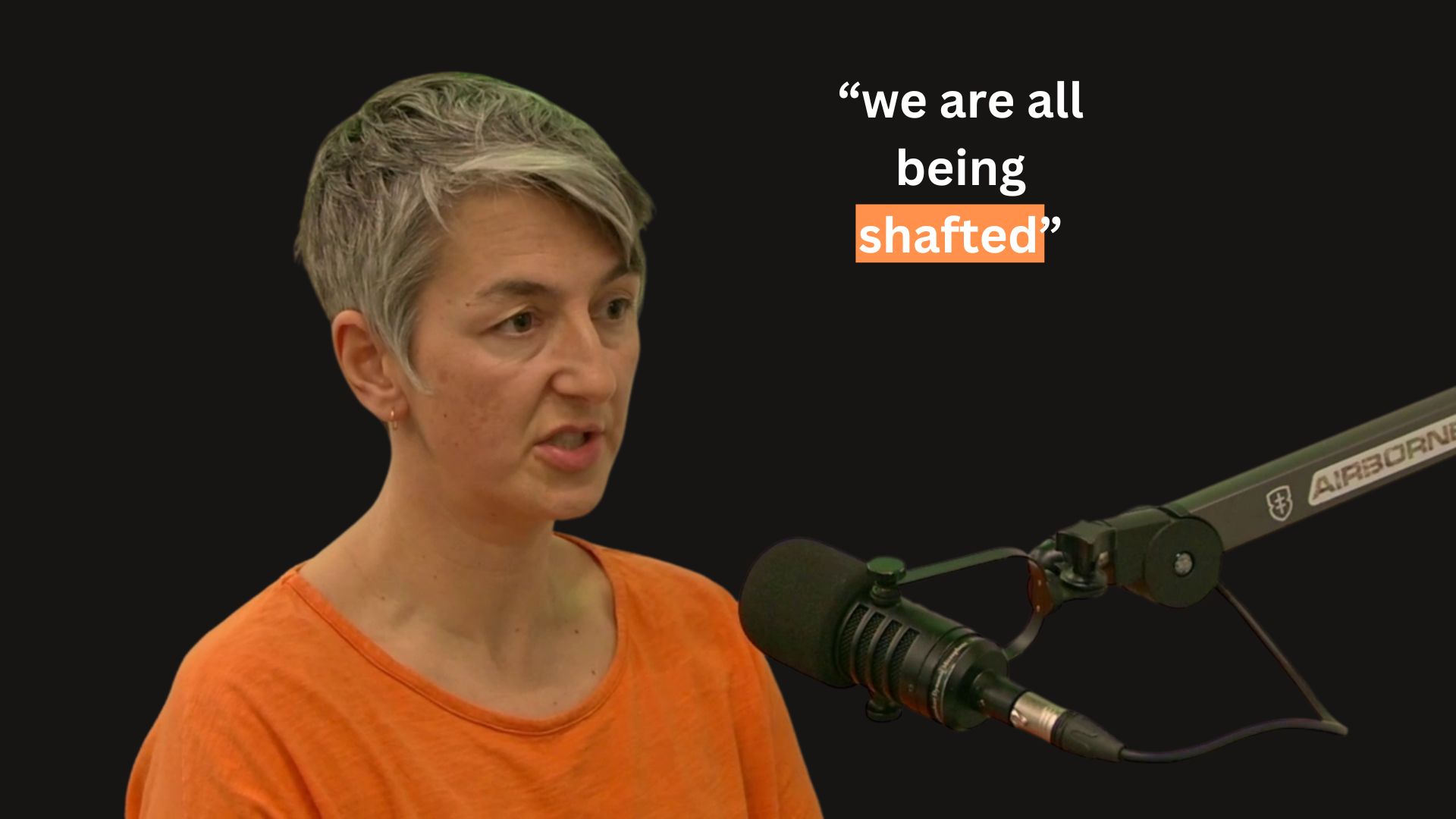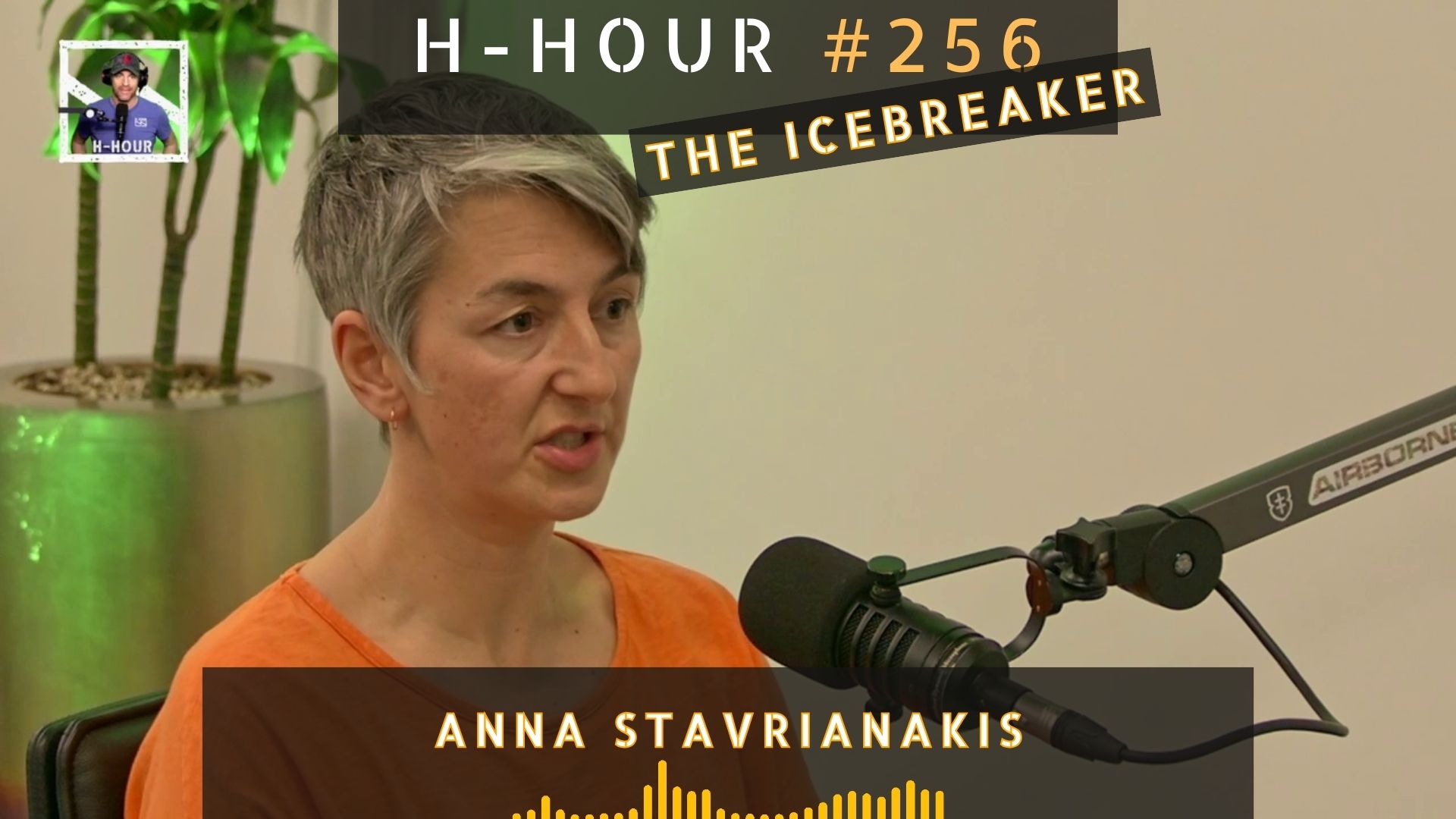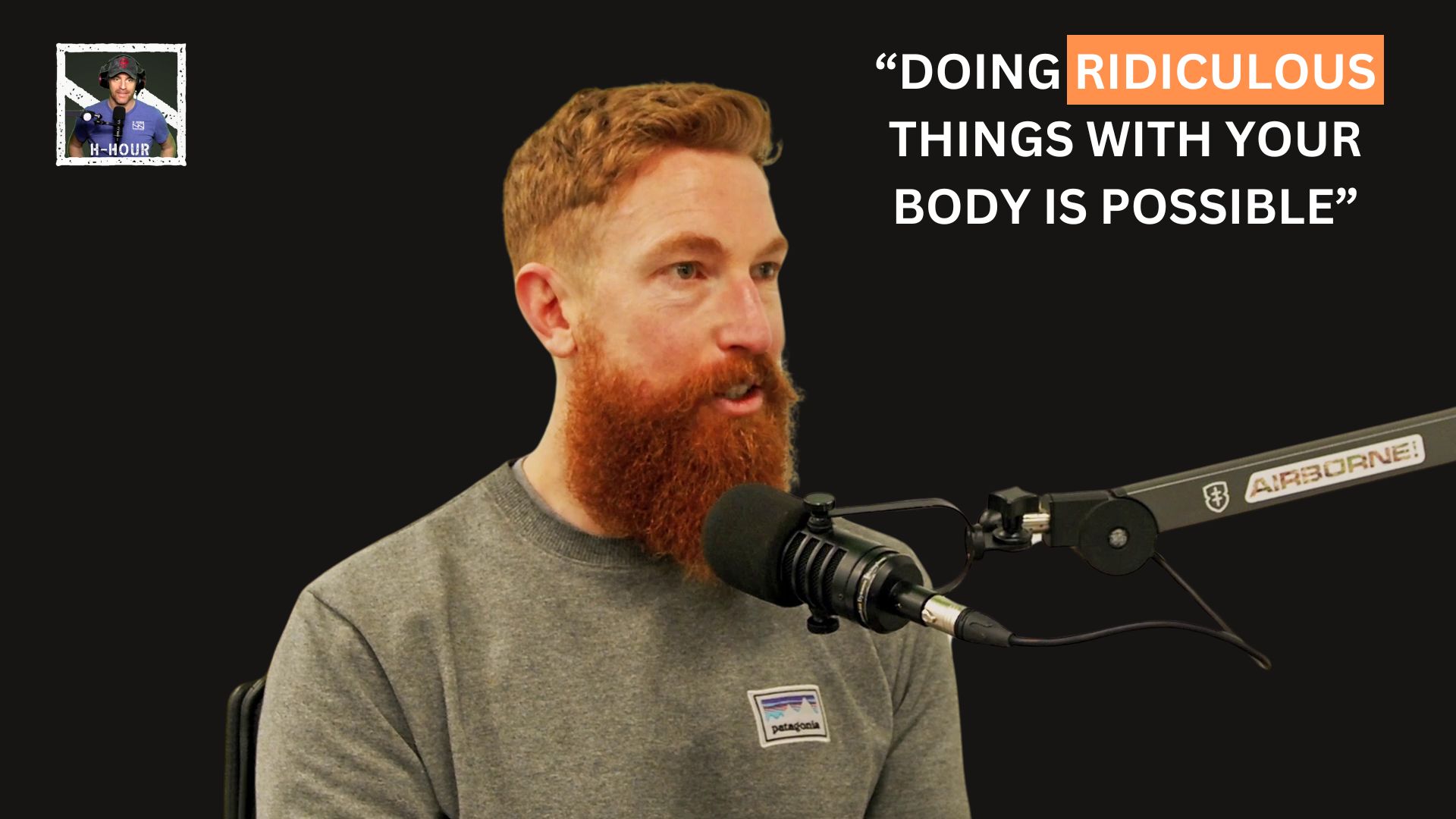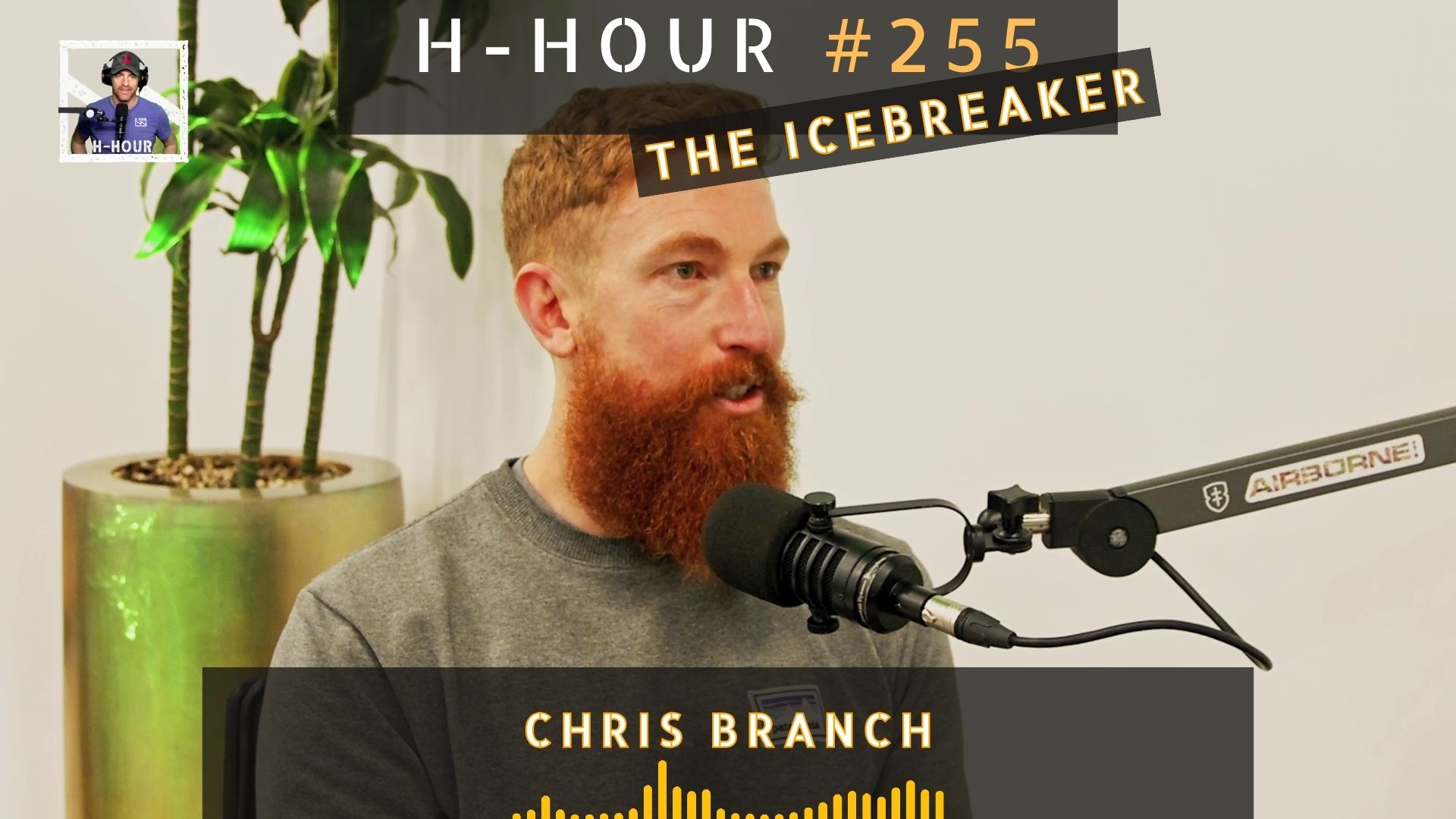H-Hour #240 Dec Munro – co-founder the Bill Murray comedy club
Podcast: Play in new window | Download | Embed
Dec Munro is the co-founder and co-owner of the the Bill Murray in London, UK – a comedy club voted in Chortle’s awards as “Best London Venue 2023”.
In this conversation, Dec shares his experiences in the world of comedy, from teaching stand-up to navigating sensitive topics. He recounts the humorous yet bizarre ‘knitted asshole’ story, discusses the boundaries of comedy, and reflects on the importance of understanding audience dynamics. Dec also delves into his journey from performer to director, emphasising the significance of material generation and storytelling in comedy. The conversation also touches on the ethics of creative work and the responsibility of artists in addressing societal issues.
Topics in this conversation:
- Comedy doesn’t have rules and shouldn’t have rules.
- Teaching stand-up involves setting boundaries for sensitive topics.
- The importance of understanding audience dynamics in comedy.
- Material generation often comes from personal experiences.
- Navigating sensitive topics requires intention and awareness.
- Bombing on stage is a common experience for comedians.
- Comedy can be a powerful tool for discussing social issues.
- The Edinburgh Fringe is a significant platform for emerging comedians.
- Storytelling is a crucial element in stand-up comedy.
- Teaching comedy involves helping students find their unique voice. The initial moments on stage can be incredibly awkward for performers.
- Understanding audience demographics is crucial for comedians.
- Comedians often need to adapt their material based on audience reactions.
- The development of a comedy show requires significant time and effort.
- Self-awareness can enhance a comedian’s performance and audience connection.
- Comedy can serve as a tool for personal development and self-improvement.
- Accusations against performers can complicate their careers and public perception.
- Creative works may need to be reevaluated in light of current societal values.
- The ethics of comedy and creative expression are increasingly scrutinized.
- Navigating controversial topics in comedy requires sensitivity and awareness. Comedy evolves with societal norms and acceptability.
- Educational backgrounds influence comedic opportunities.
- Diversity in comedy is improving but still needs work.
- Rejection is a common challenge in creative industries.
- Online platforms can supplement traditional comedy gigs.
- Self-awareness is key to developing a comedic persona.
- Anyone can learn to be funny with practice.
- Spending time with funny people enhances humor skills.
- The best comedy venues offer unique experiences.




